Attendees of F-Cell Event Charge Their Batteries in Stuttgart
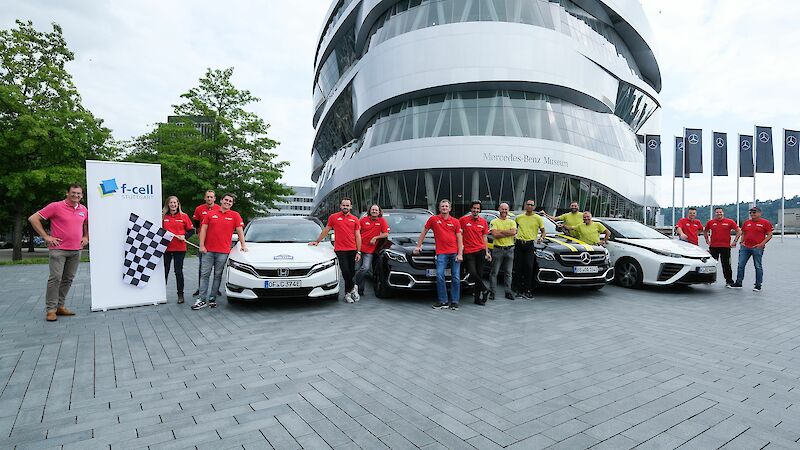 © Angelika Emmerling / Peter Sauber Agentur
© Angelika Emmerling / Peter Sauber Agentur
Stuttgart is home to one of the most important conferences of its kind – the annual f-cell conference, during which the city becomes the focus of the international hydrogen and fuel cell community for two days each fall.
Initiated by the Stuttgart Region Economic Development Corporation in 2001, f-cell is one of the oldest international trade events for the hydrogen and fuel cell industry, as well as one of the most important in the world. It provides a comprehensive overview of relevant international markets and technological advances for the climate-friendly and flexible hydrogen and fuel cell energy technologies of the future.
They gather in Stuttgart, the birthplace of Mercedes-Benz and headquarters of Porsche, as well as home to a worldwide leading cluster of automotive manufacturers, component suppliers, engineering service providers, and research facilities. Moreover, as the capital of the federal estate of Baden-Württemberg, Stuttgart is one of Europe’s most successful economic regions and an important area for the development of fuel cell development, a more sustainable way to power cars and trucks. The location’s strong industrial focus provides access to a unique combination of multinationals, innovative SMEs, and dynamic start-ups, as well as respected research institutions.
Alongside research institutes such as the Center for Solar Energy and Hydrogen Research Baden-Württemberg (ZSW), various Fraunhofer institutes, and the Karlsruhe Institute of Technology (KIT), companies of all sizes have affiliations with the cluster, including global leaders and champions in their fields like Mercedes-Benz, Porsche, Audi, Mahle, EnBW, and countless small and medium-sized enterprises. Activities in the region focus on advancing the industrialization of mobile and stationary fuel cell applications in order to establish Baden-Württemberg as a production location for fuel cells or their components.
Each year the f-cell community gathers for a conference, interactive workshops, an evening networking event with award ceremony, and an international trade fair at Stuttgart’s Haus der Wirtschaft, a grand conference center at the heart of the city. Here, participants make contacts and meet decision-makers. The up-to-date booth design and interactive format offers an ideal platform for business match-making, where experts and newcomers can establish, discuss, and build sustainable business relationships. The f-cell award honors innovative hydrogen and fuel cell projects and technologies and is supported by the Baden-Württemberg Ministry for the Environment, Climate and Energy Economy.
This year, more than 500 international hydrogen and fuel cell industry representatives from 23 countries attended f-cell. Attendees included 40 exhibitors and delegates from research, politics, and industry to discuss the possibilities of this climate-friendly technology.
The annual f-cell award, which is sponsored by the Baden-Württemberg Ministry for the Environment, Climate Protection, and Energy and the Stuttgart Region Economic Development Corporation, honors innovations in the hydrogen and fuel cell industry. This year, the “Research and Development” award went to the Hahn Schickard Research Institute in Stuttgart for its project to improve efficiency and durability in water electrolysis and the “Products and Markets” award went to Alstom for its hybrid regional passenger train project.
The 2019 f-cell congress also featured Germany’s first 24-Hour Hydrogen Challenge, a rally to raise public awareness of advances in hydrogen and fuel cell technology. Teams raced from the Mercedes-Benz Museum in Stuttgart and then crisscrossed across Germany for 24 hours to finish at the f-cell evening event at the Wagenhallen, an alternative music and performance arts venue plus flexible space for events in Stuttgart.
Another “first” for f-cell this year was the addition of a second conference. F-cell partnered with the Canadian Hydrogen and Fuel Cell Association (HFC) to hold the first f-cell in Vancouver, Canada, this past May. “Expanding globally and meeting more frequently enables the world’s hydrogen and fuel cell community to create further projects and connections that foster innovation and development, benefiting the industry for the years to come,” said Peter Sauber, organizer of f-cell+HFC and Chief Executive Officer of Sauber Agency Fairs & Congresses.
The f-cell congresses play an important role in cultivating and advancing the market for f-cell technology and products. Stuttgart is already gearing up for the 20th f-cell, which will take place September 29-30, 2020.
Stuttgart’s city center provides many attractions: Stuttgart’s Palace Square with the New Palace and the Old Palace, the award-winning Stuttgart Opera, Staatstheater Stuttgart (Stuttgart State Theater), and world-renown Stuttgart Ballet. Excellent museums include the Kunstmuseum Stuttgart, a contemporary and modern art museum, and the Staatsgalerie Stuttgart (State Gallery), which features art dating from the 14th century through to 20th century modern art. Automotive enthusiasts will not forget a visit to the spectacular Mercedes-Benz and Porsche museums. By the way, all of these attractions provide meeting space. Stuttgarter Markthalle (market hall) in an Art Nouveau building, along with traditional wine taverns, offer possibilities to discover all the culinary options – a truly special experience for delegates visiting Stuttgart!
Interested in meeting options in Stuttgart Region? Please contact the Stuttgart Convention Bureau at info@congress-stuttgart.de or visit www.congress-stuttgart.com
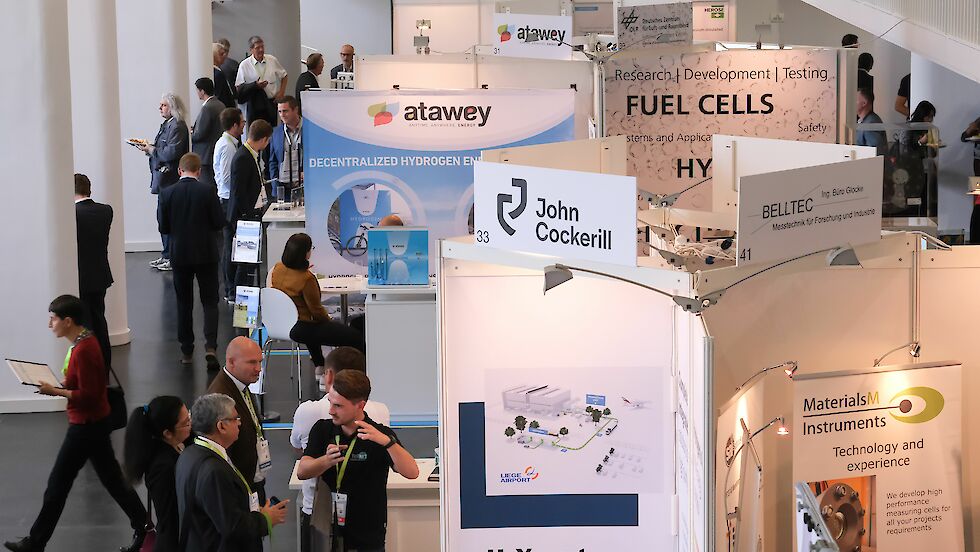
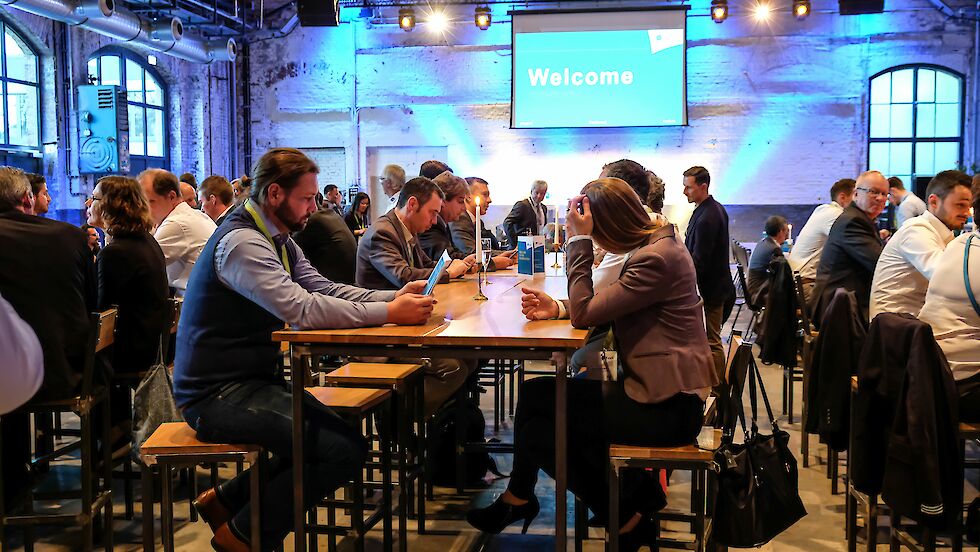
 ©
©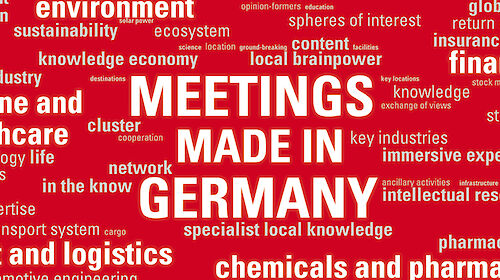 ©
©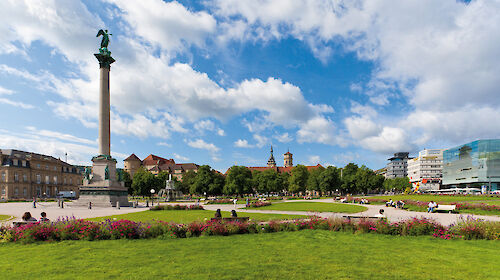
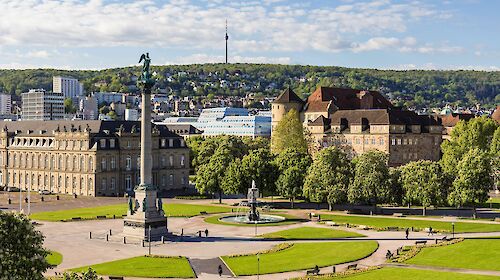 ©
©